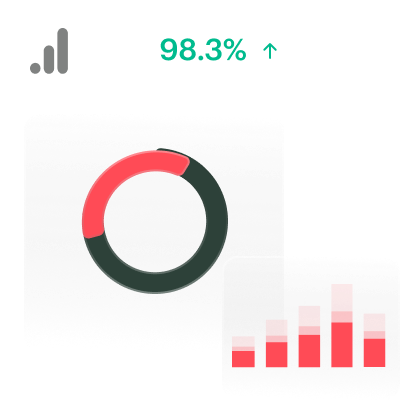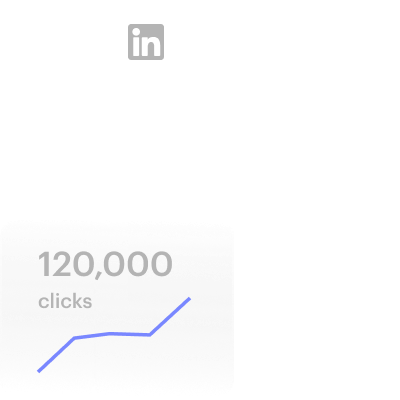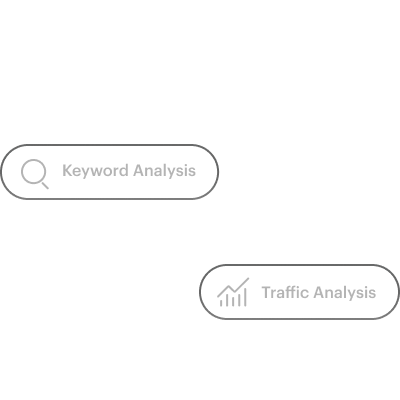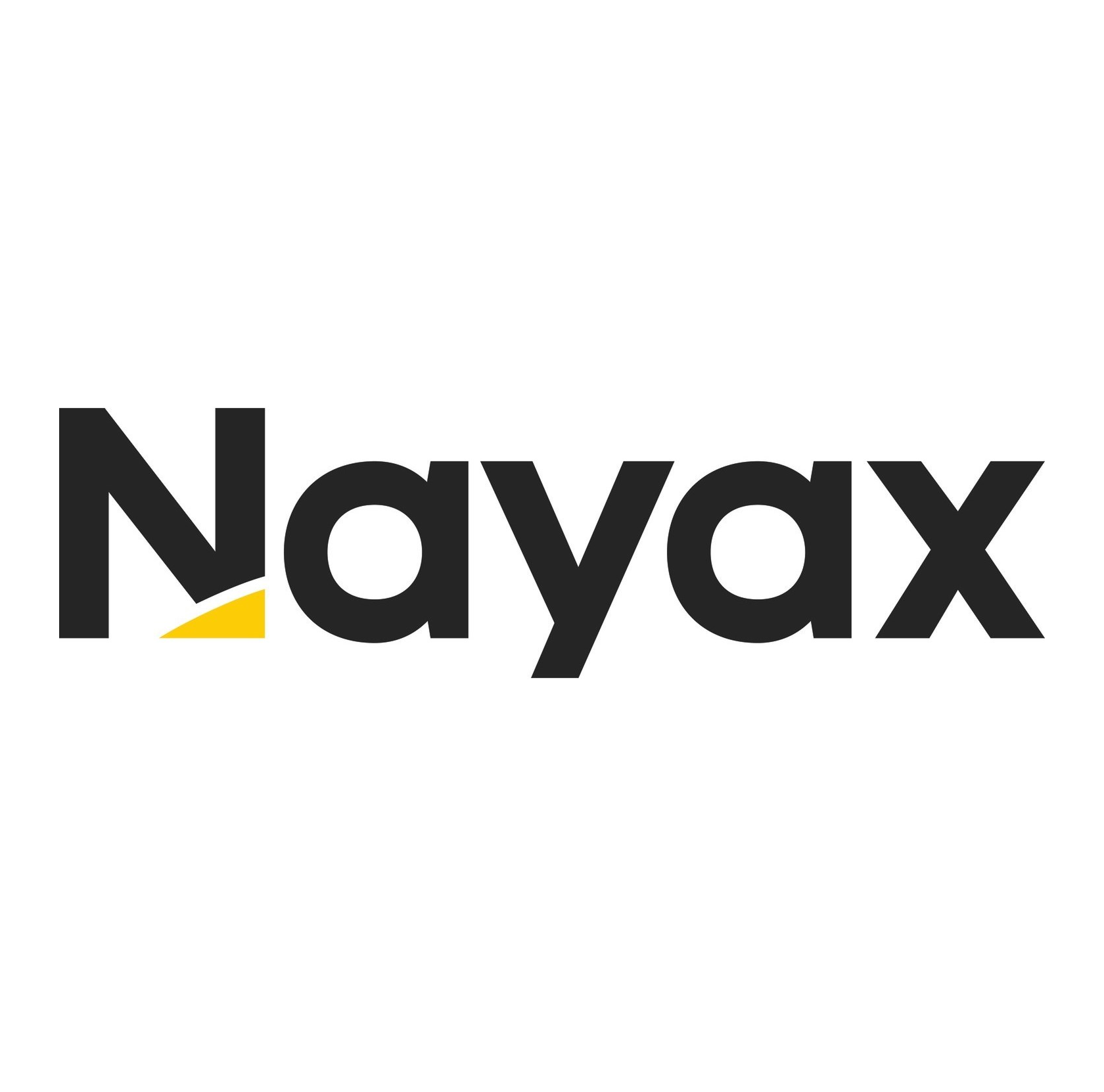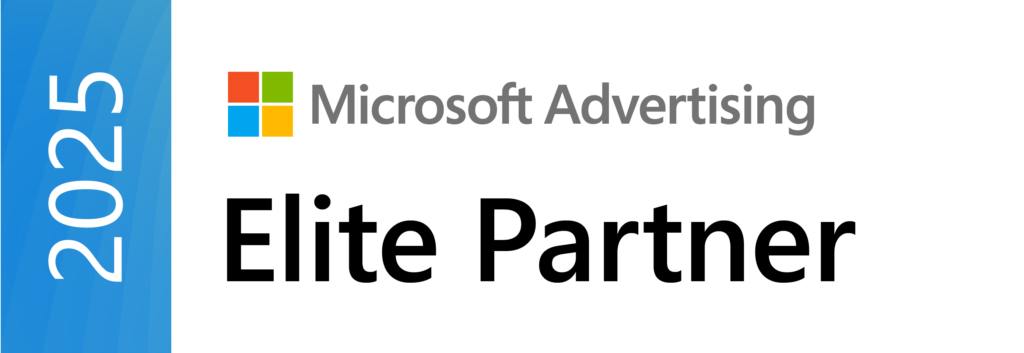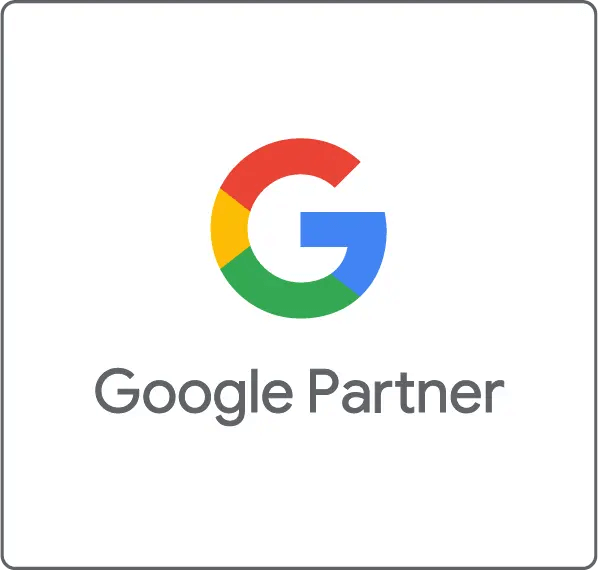Manufacturing companies worldwide are rapidly adopting digital transformation (“Industry 4.0”) to stay competitive. This means greater use of automation, IoT sensors on the factory floor, and AI-driven analytics for everything from predictive maintenance to quality control. Business models are also evolving – many manufacturers are adding service offerings (like maintenance contracts or IoT-enabled services) on top of products, and some are exploring direct-to-consumer channels where relevant. Externally, the sector contends with persistent supply chain challenges, geopolitical uncertainties, and a skilled labor shortage as veteran workers retire and fewer young workers enter trades . These factors make efficiency and innovation more critical. AI and robotics are increasingly common in production lines, and digital twin simulations help manufacturers optimize processes before physical implementation. In marketing, a traditionally conservative B2B field, manufacturers are recognizing the need for a stronger digital presence. Industrial buyers now often research suppliers online first, so manufacturers invest in SEO for technical product keywords and create informative content (e.g., spec sheets, 3D product demos) to engage prospects. Data-driven marketing – using customer and market data to personalize outreach – is gaining ground as manufacturers strive to enter new markets or verticals. Sustainability has also become a marketing point; many firms highlight eco-friendly practices to meet customer and regulatory expectations.

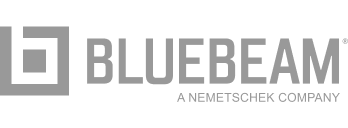






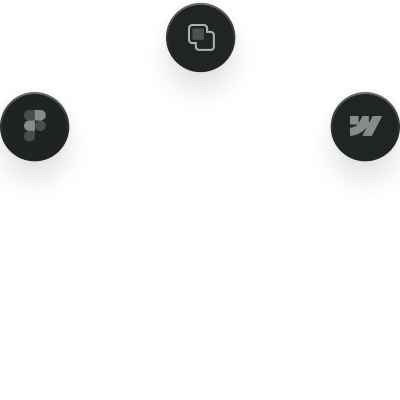
.png)
